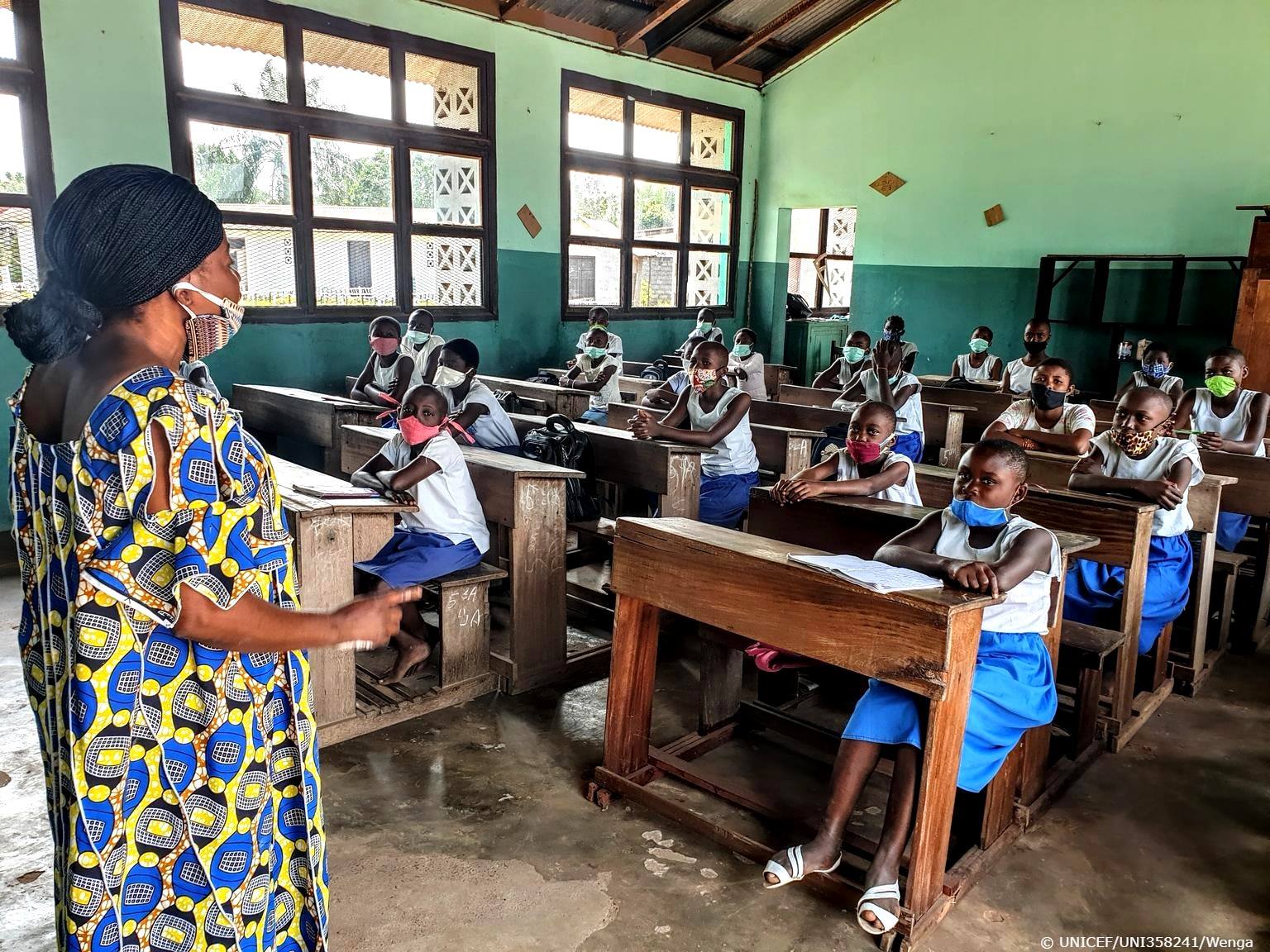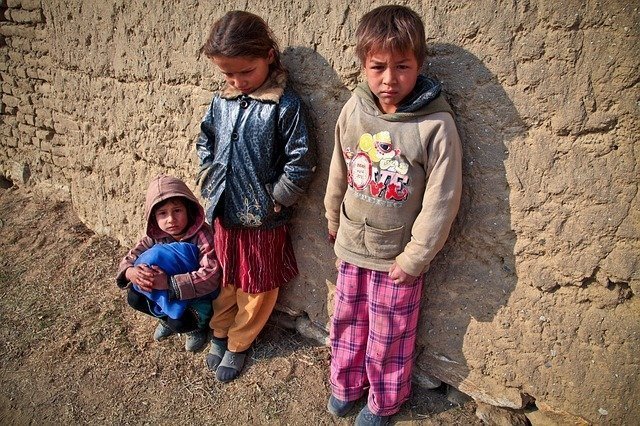Pandemic could push 72 million more children into “learning poverty”
COVID-19-related school closures risk pushing an additional 72 million primary school aged children into “learning poverty” – meaning that they are unable to read and understand a simple text by age 10, the World Bank said Wednesday.
The pandemic is amplifying the global learning crisis that already existed, according to two new World Bank reports, which outlined a new vision for learning and the investments and policies needed, including on education technology.
The pandemic could increase the percentage of primary school-age children in low- and middle-income countries living in learning poverty to 63 percent from 53 percent, and it puts this generation of students at risk of losing about 10 trillion dollars in future life-time earnings, an amount equivalent to almost 10 percent of global GDP, the reports showed.
School closures as a result of COVID-19 have left most students on the planet out of school – 1.6 billion students at the peak in April 2020, and still almost 700 million students today, according to the reports.
The negative impact of the unprecedented global economic contraction on family incomes has increased the risk of school dropouts, the reports said, noting that marginalized groups are likely to fall further behind.
In responding to the pandemic, education systems have been forced to rapidly implement innovations in remote learning at scale. However, the huge digital divides and inequalities in the quality of parental support and home learning environments is amplifying learning inequality.
“Without urgent action, this generation of students may never achieve their full capabilities and earnings potential, and countries will lose essential human capital to sustain long-term economic growth,” said Mamta Murthi, World Bank Vice President for Human Development, in a virtual launch event Wednesday.
“Through visionary and bold action, policymakers and stakeholders around the globe can turn this crisis into a boon to transform education systems so that all children can truly achieve learning with joy, rigor, and purpose, everywhere,” Murthi said.

Read alsoUNICEF: No remote learning for at least 463 million children
Source: Xinhua
please make a donation here
Hot news
What happened today in Hungary – 26 July, 2024
Drama: number of births in a 20-year low in Hungary
Yay or nay? – 6 odd Hungarian delicacies that make our skin crawl
Budapest tourism “exploded” this past weekend
Container transport in Budapest may stop: How will this affect Hungarian economy?
Minister: Hungary will protect its territory by every means possible




